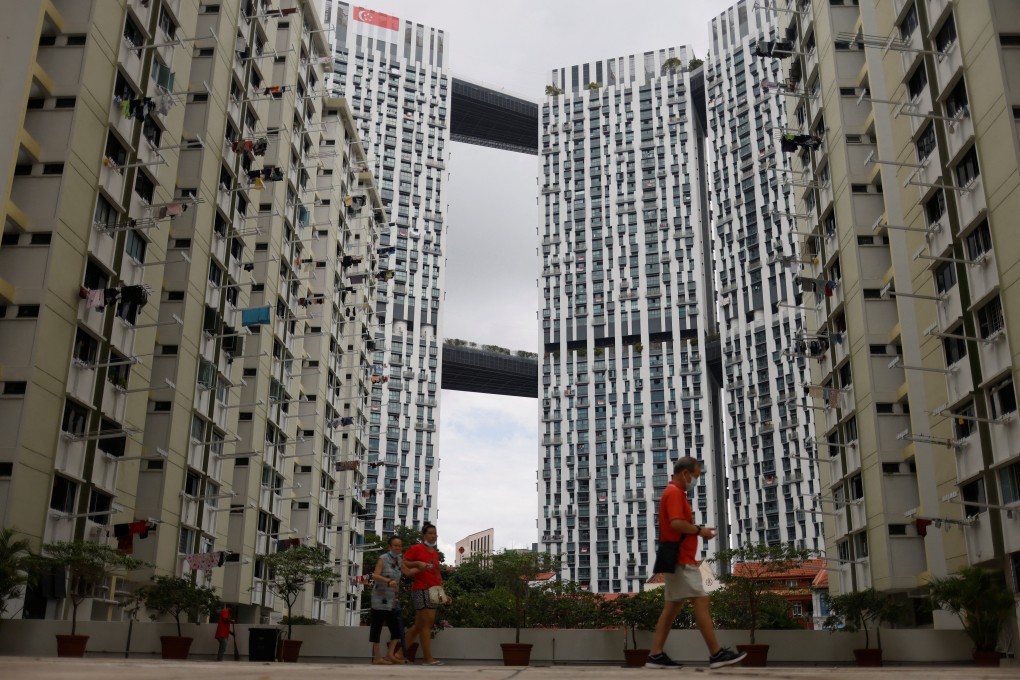Singapore new-home sales plunge to two-year low as cooling measures kick in while analysts expect prices to soften
- Developers sold 312 new homes in Singapore in October, down 68.4 per cent from 987 in September, according to the Urban Redevelopment Authority
- Wait-and-see approach among buyers in wake of new cooling measures should lead to price softening, analysts say

Sales of new private homes in Singapore in October dropped to the lowest level in more than two years as property cooling measures introduced in September and a lack of new launches sidelined buyers, according to analysts.
Developers sold 312 new homes in the city in October, down 68.4 per cent from 987 in September, according to official figures from the Urban Redevelopment Authority. It was the lowest monthly sales total since April 2020 when 277 units were sold, and a 65.8 per cent decline from a year ago.
Prices, however, have remained firm so far, recording a 3.8 per cent increase in the third quarter following a 3.5 per cent rise in the previous one, according to property agency One Global Group. In the first nine months of the year, prices have climbed by 8.2 per cent.
The lull in the market is likely to provide an impetus for foreign investors to buy homes in Southeast Asia’s main financial and business hub, according to Wong Siew Ying, head of research and content at Singapore-listed PropNex Realty.
“The September cooling measures and low unsold inventory in the market delivered a one-two punch to new home sales in October, as the monthly transaction volume retreated to its lowest since April 2020, when the circuit breaker was first imposed to curb the spread of Covid-19,” Wong said.
